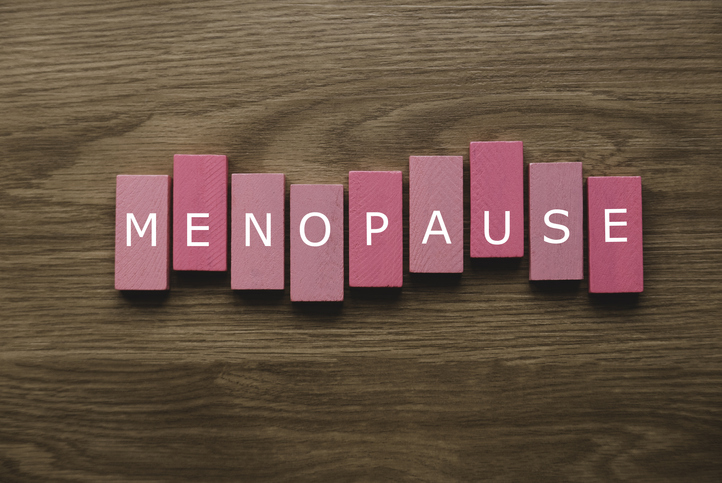World Menopause Day
Approximately 13 million women in the UK are either peri or post-menopausal.
Since 2009, the IMS (International Menopause Society) alongside the World Health Organisation, designated October as World Menopause Awareness Month. The purpose is to raise awareness of the menopause and the support options available for improving health and wellbeing.
Menopause occurs when women stop menstruating for 12 months which is due to reduced oestrogen levels. Most women reach menopause when they are around 50 but the lead up can take up to 10 years!
Whilst there are lots of symptoms, every woman will experience menopause differently, they can include but are not limited to:
- Memory loss
- Hot flushes
- Headaches
- Sleep problems
Have you or your staff had to take time off due to the symptoms of menopause?
Around two thirds of women say there is a general lack of support and understanding around menopause. That’s why we have we have partnered with award winning health and wellbeing provider, Smart Clinic, in order to provide staff with support and guidance if they are going through the process of menopause.
A decline in oestrogen levels during menopause can increase cardiovascular risk factors such as high blood pressure highlighting why it is so important that we raise awareness of other risk factors to the menopause, on top of the day to day symptoms that women can suffer from. Did you know that the menopause can affect cardiovascular health?
Ways to manage symptoms:
- Hormone replacement therapy (HRT) – tablets, skin patches or gels and implants that relieve menopausal symptoms by replacing oestrogen.
- Cut down on caffeine, alcohol, and spicy food as these have all been known to be a trigger for hot flushes
- Practicing mindfulness or counselling may help with mood changes
- Cognitive behavioural therapy (CBT) – a type of talking therapy that can help with low mood and anxiety
- Eating a healthy, well-balanced diet and exercising regularly
- Getting plenty of sleep
It’s time to end the stigma that is often associated with menopause by supporting and improving the lives of women across the world.





